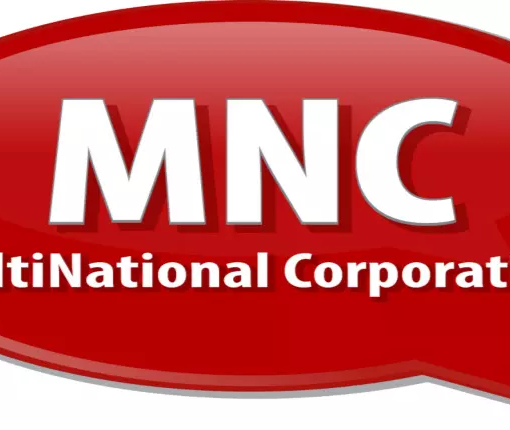Introduction to SAP in Retail
In today’s fast-paced retail landscape, staying ahead of the competition is paramount. Retailers need to manage complex operations efficiently while providing exceptional customer experiences. This is where SAP (Systems, Applications, and Products in Data Processing) comes into play. SAP is not just a software solution; it’s a game-changer for the retail industry. In this blog, we will explore the impact of SAP in retail and how it revolutionizes the shopping experience.
The Retail Challenge
Retail is an ever-evolving industry, driven by consumer preferences, market trends, and technological advancements. To succeed, retailers must address various challenges, including:
- Inventory Management: Keeping track of thousands of products, their availability, and restocking efficiently is a logistical puzzle.
- Supply Chain Complexity: Coordinating suppliers, distributors, and warehouses in real-time can be overwhelming.
- Customer Expectations: Modern consumers demand a seamless, personalized shopping experience both in-store and online.
- Data-Driven Decisions: Retailers need access to real-time data to make informed decisions regarding pricing, promotions, and inventory management.
SAP’s Role in Retail
SAP offers an integrated suite of applications specifically designed to address these challenges and more:
- Inventory Optimization: SAP helps retailers optimize their inventory by providing real-time visibility into stock levels, sales data, and demand forecasting. This ensures that products are available when customers want them, minimizing overstock and understock situations.
- Supply Chain Management: SAP’s supply chain solutions streamline processes from procurement to delivery. Retailers can efficiently manage suppliers, track shipments, and respond to market changes swiftly.
- Customer Engagement: SAP’s CRM (Customer Relationship Management) tools enable retailers to personalize customer interactions. By analyzing customer data, retailers can tailor promotions and recommendations, enhancing the shopping experience.
- Data Analytics: SAP’s analytics capabilities provide insights into customer behavior, allowing retailers to make data-driven decisions. This includes pricing optimization, sales forecasting, and identifying emerging trends.
- Unified Platform: SAP offers an integrated platform that connects all aspects of retail operations. This means that data flows seamlessly between departments, reducing errors and increasing efficiency.
Benefits of SAP in Retail
Implementing SAP in retail offers several key advantages:
- Efficiency: Retailers can streamline their operations, reducing manual processes and errors.
- Cost Savings: Better inventory management and supply chain optimization lead to cost reductions.
- Improved Customer Experience: Personalization and data-driven decisions result in more satisfied customers.
- Competitive Advantage: Retailers can stay ahead of the competition by adapting quickly to market changes.
- Scalability: SAP solutions can grow with the business, accommodating expanding product lines and store locations.
Challenges of Implementing SAP in Retail
While SAP offers significant benefits, implementing it can be a complex and resource-intensive process. Here are some common challenges:
- Cost: Initial investment and ongoing maintenance costs can be substantial.
- Integration: Integrating SAP with existing systems can be complex, requiring careful planning.
- Change Management: Employees need training to adapt to new systems and processes.
- Data Security: Protecting sensitive customer and business data is crucial.
Conclusion
SAP is a powerful tool that has the potential to revolutionize the retail industry. By addressing key challenges such as inventory management, supply chain complexity, and customer expectations, SAP enables retailers to thrive in a competitive market. While implementation can be challenging, the long-term benefits in terms of efficiency, cost savings, and improved customer experiences make it a worthwhile investment for any retail business looking to stay ahead of the curve. Embracing SAP in retail is not just a choice; it’s a strategic move towards sustainable growth and success in the ever-evolving world of retail.
Free Bonuses:
What are the types of process automation?
Exploring the Benefits of SAP Consulting for Small Businesses





